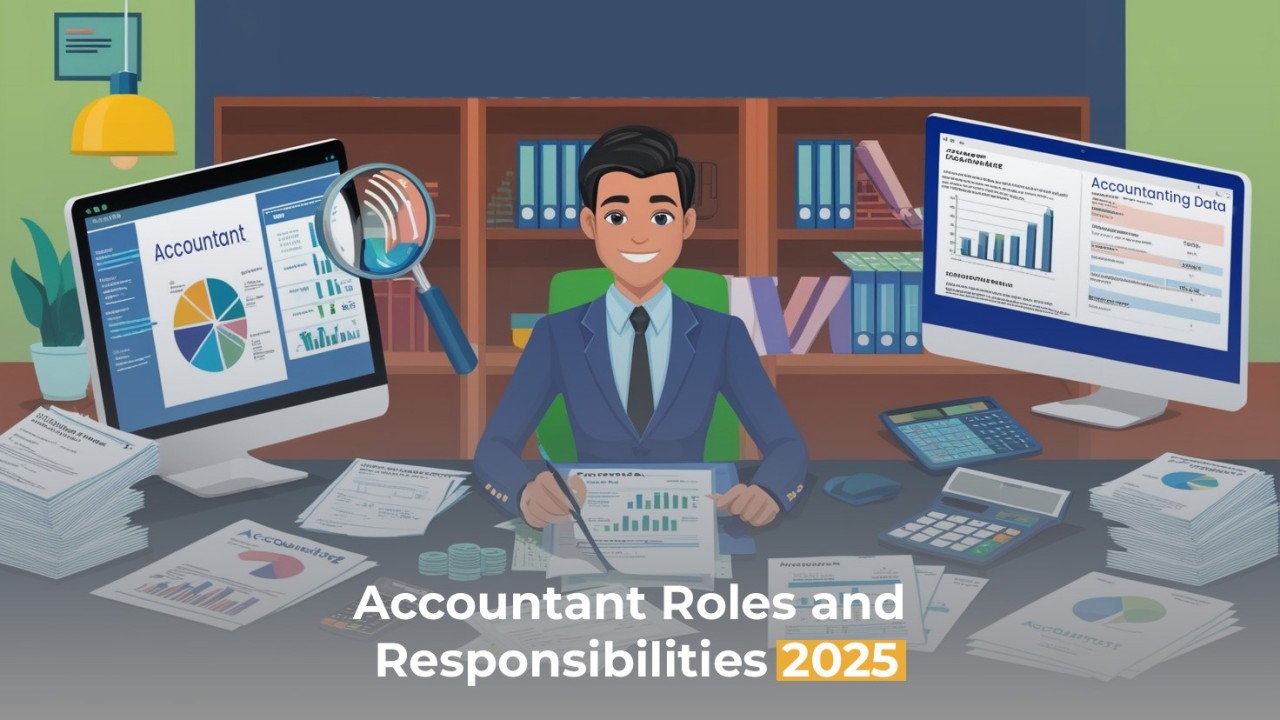Business Tax Accountants : In today’s complex financial environment, managing taxes can be a daunting task for businesses of all sizes. A business tax accountant plays a crucial role in navigating this intricate domain, ensuring compliance, minimizing liabilities, and optimizing financial strategies.
What Do Business Tax Accountants Do?
- Tax Preparation and Filing
Business tax accountants help prepare and file accurate tax returns in accordance with local, state, and federal laws. They ensure timely submissions to avoid penalties. - Tax Planning and Optimization
By analyzing your business finances, accountants identify ways to legally reduce your tax liabilities, such as leveraging deductions, credits, or tax-saving investments. - Compliance and Risk Management
Keeping up with ever-changing tax laws can be challenging. Business tax accountants ensure that your financial activities comply with regulations, reducing the risk of audits or legal complications. - Bookkeeping and Financial Analysis
Beyond taxes, many accountants offer bookkeeping services, providing insights into cash flow, profitability, and long-term financial health. - Audit Support
If your business faces a tax audit, a qualified accountant provides essential documentation, representation, and support to defend your financial practices.
Benefits of Hiring a Business Tax Accountants
- Time Efficiency
Managing taxes in-house can consume valuable time. Delegating this task to an expert allows you to focus on growing your business. - Cost Savings
While hiring an accountant is an investment, the potential tax savings they can secure often outweigh their fees. - Expertise and Accuracy
Tax accountants are trained professionals who stay updated on regulations, ensuring error-free filings and accurate financial records. - Strategic Financial Advice
Accountants can provide strategic advice to align your financial decisions with business goals, such as scaling operations or securing loans.
How to Choose the Right Business Tax Accountant
- Credentials and Experience
Look for certified professionals with experience in your industry. Credentials like CPA (Certified Public Accountant) or CMA (Certified Management Accountant) can indicate a high level of expertise. - Industry Knowledge
Tax regulations vary by industry. Choose an accountant familiar with the nuances of your sector for tailored advice. - Reputation and Reviews
Check client reviews or ask for referrals to ensure reliability and professionalism. - Communication and Accessibility
Your accountant should be approachable and responsive to your queries, offering clear explanations of complex tax matters.
Conclusion
Hiring a business tax accountant is more than just a convenience—it’s an investment in the financial health of your business. From reducing tax liabilities to ensuring compliance and providing valuable financial insights, a tax accountant is an indispensable asset.
Whether you’re a startup or a well-established business, partnering with a skilled tax accountant can help you navigate the financial complexities of the modern world with confidence and ease.


 Watch
Watch
 CASUAL WEAR
CASUAL WEAR
[…] turnover criteria or operating in specific sectors. However, there might be scenarios where a business needs to permanently close its GST registration due to reasons such as shutting down the business, […]